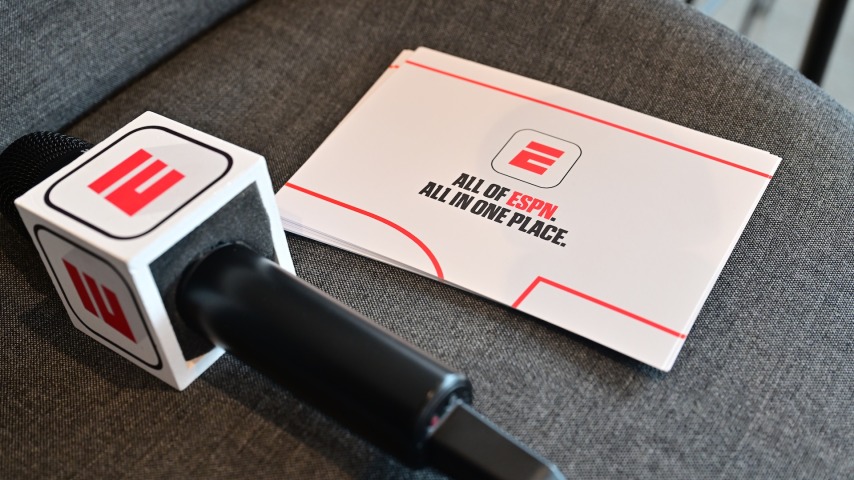The distinction between ESPN and ESPN+ is that the new streaming service will offer everything that the company’s broadcast and cable networks has to offer, plus additional features. According to CNBC, that includes all of the network’s live games; programming on other ESPN cable networks such as ESPN2 and the SEC Network; ESPN on ABC; fantasy products; new betting tie-ins; studio programming; documentaries; and more. As such, ESPN will be a lot more expensive, starting at $29.99 a month. It’ll also be offered as a bundle with Disney+ and Hulu at a more reasonable $35.99 (though if you sign up for the ESPN streamer at the time of launch this autumn, you can get the whole bundle for $29.99 a month for the first year, which is a pretty good deal).
Meanwhile, ESPN+ will still exist, sort of, though it’ll drop the “plus” and be absorbed into the larger service and be offered as the lower-tier “select” plan, offered at $11.99. (This platform never offered all the live sports options, including popular programming like Monday Night Football.) The creation of a new, more robust service was in fact an attempt to improve upon the current sports streaming options and reach the “60 million households” of cord-cutters who don’t have access to live sports, ESPN Chairman Jimmy Pitaro said Monday as part of the streamer announcement.
“We want fans to subscribe in whatever way is comfortable for them,” Piatro said (via Variety). And gee, Disney sure has generously offered a lot of different options for sports subscriptions, so much so that a Fubo user filed a proposed class action lawsuit against the company for antitrust violations. Nevertheless, Disney’s many sports options persist. As Piatro boasts, the ESPN streaming service is “going to redefine our business.”

 Keep scrolling for more great stories.
Keep scrolling for more great stories.
